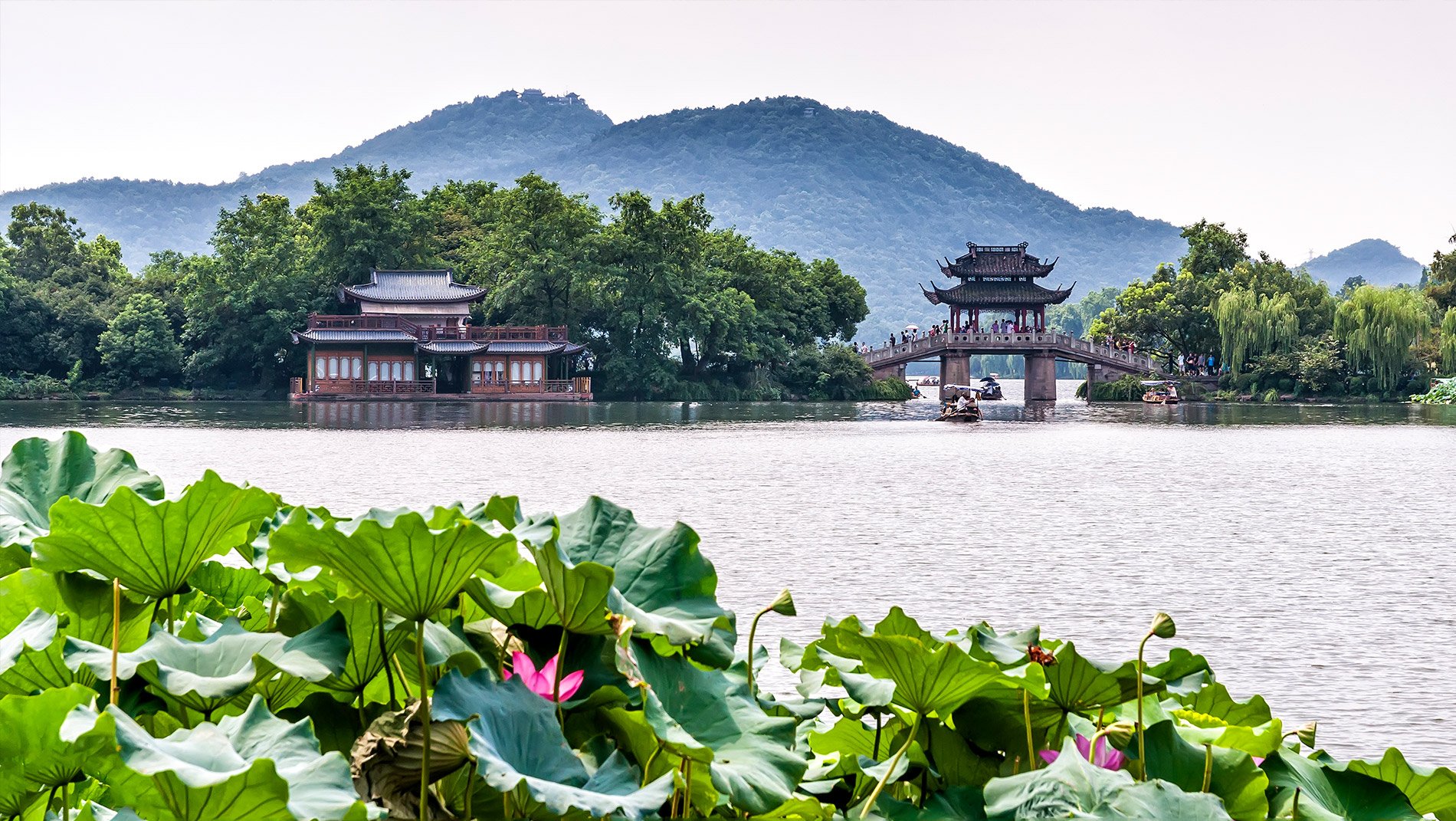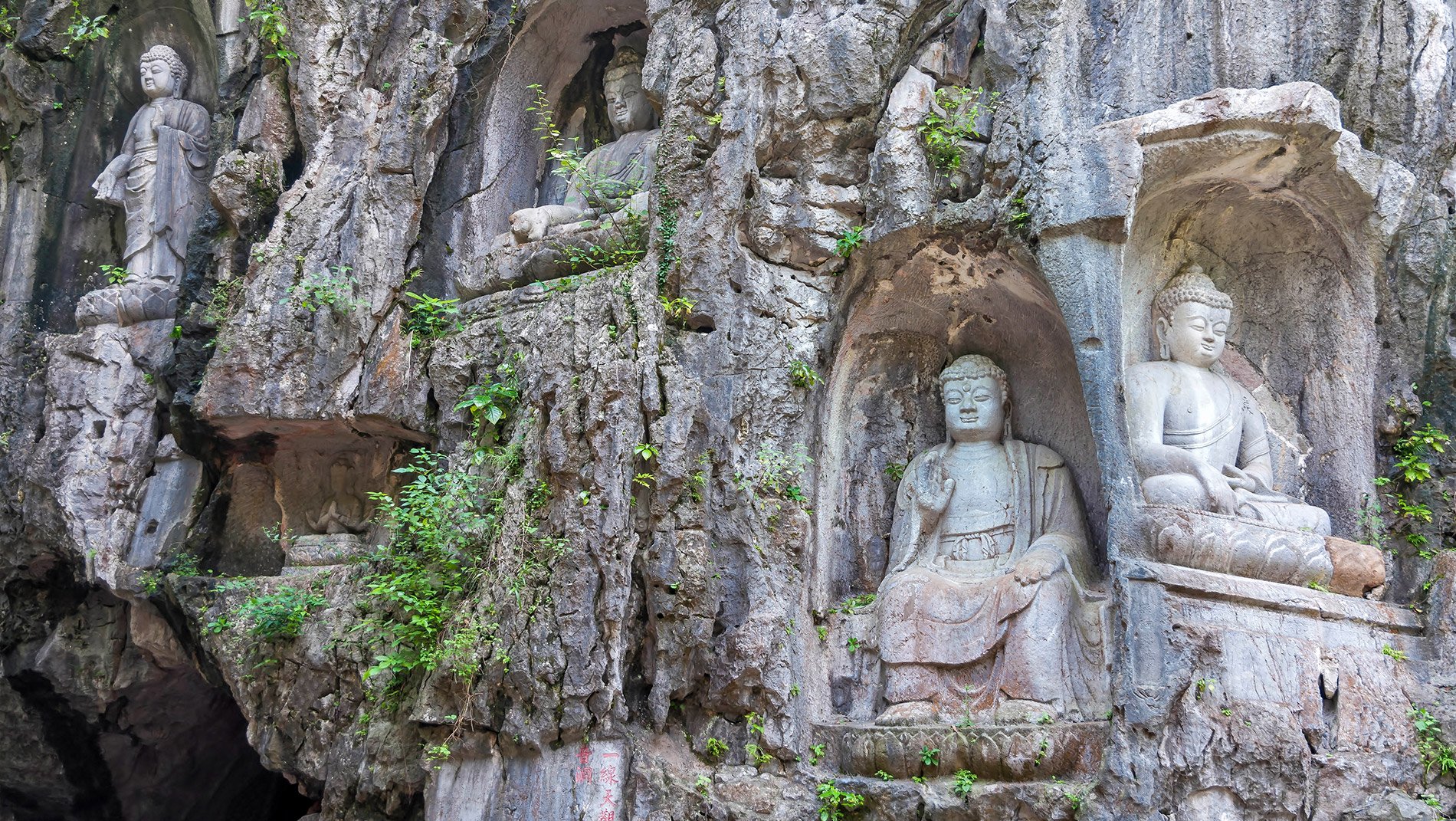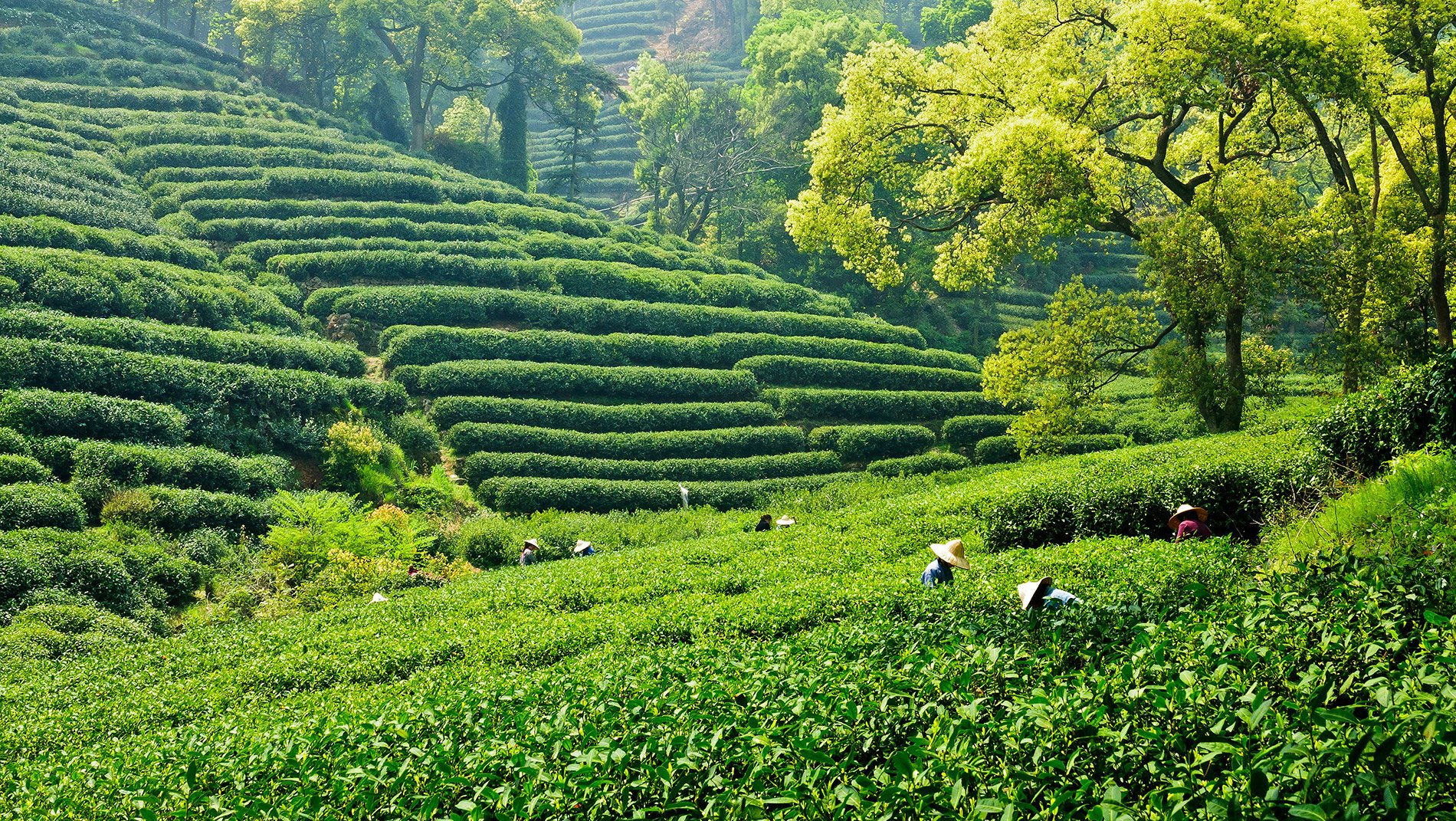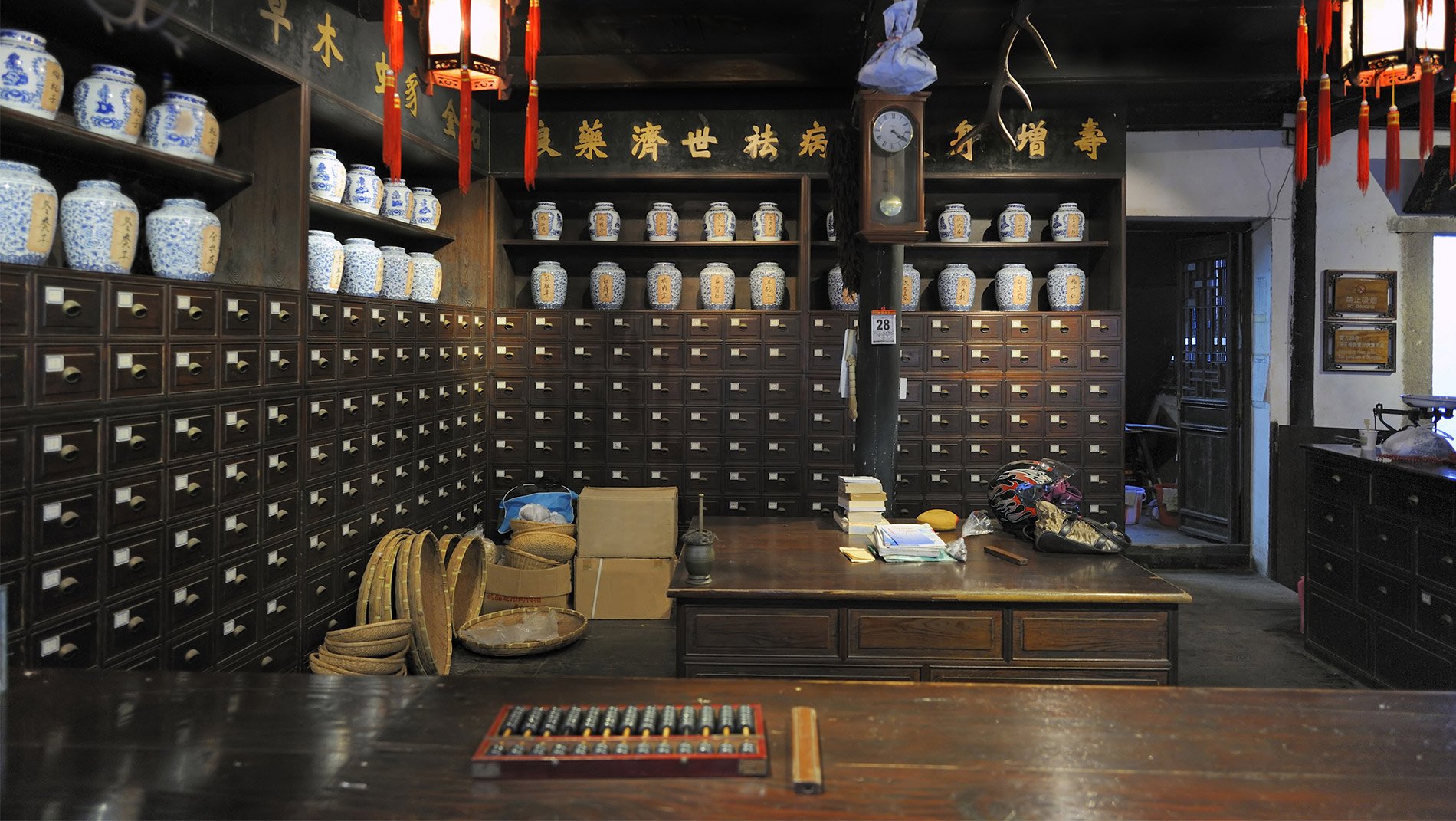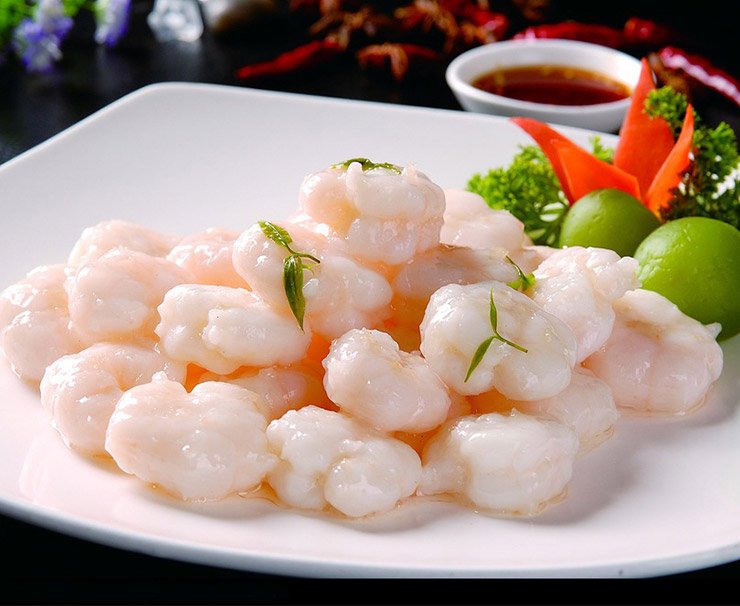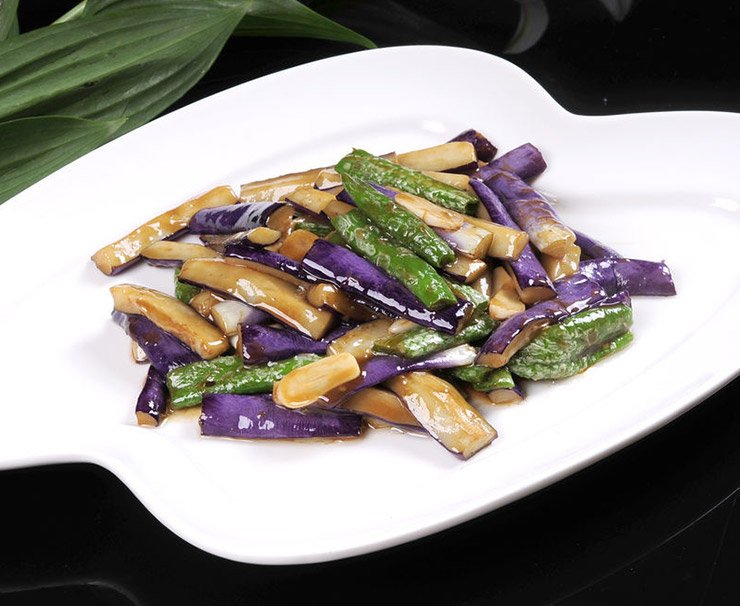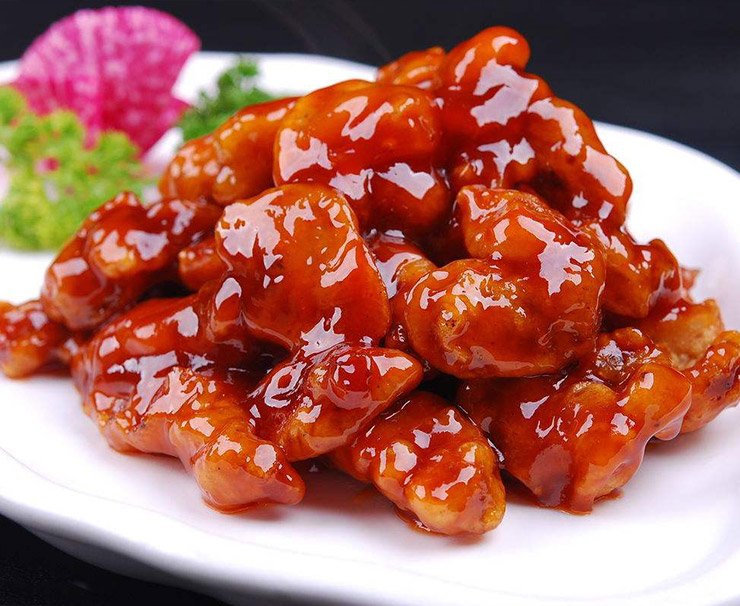- destinations
- hangzhou
Hangzhou’s West Lake, a UNESCO World Heritage Site, is so influential in Chinese culture that many Chinese towns have built their own replicas. Well-known in Japan and Korea, the city was not revealed to the west until Marco Polo remarked, “without doubt the finest and most splendid city in the world.” Hangzhou was the capital of China from 1127, during the southern Song dynasty, until the Mongol invasion of 1276. One of the most celebrated periods in Chinese civilization, Hangzhou became the largest and most cosmopolitan city in the world, a “paradise on earth” for about 1 million residents. So many Buddhist temples were built that it became known as “temple country”. It was an era of great commerce and innovation; a cultural highpoint.
Hangzhou’s heritage has a strong bearing on the modern city of today. This capital of Zhejiang province, one of China’s wealthiest, famed for intelligence and savvy business dealings, Hangzhou has now made a name for itself as an emerging technology hub. It is home to global e-commerce giant Alibaba and drinks company, Wahaha. And yet, despite the pace of modern life or maybe because of it, locals still enjoy a stroll or a perfect pour of local Longjing tea along the shoreline as a favoured past time.
hangzhou HIGHLIGHTS
A selection a some of the many incredible experiences that await you
I really enjoyed the beauty of Hangzhou. I loved the West Lake and Peak That Flew From Afar & the Monastery. I feel that Hangzhou is a must see destination.
Custom Itineraries
Explore hangzhou through the eyes of a local
Famed for its fine green tea, lakeside temples and honeymoon couples, it will be hard not to feel the intoxicating romance of this scenic city once you arrive. Relax as the boatman steers your gondola slowly along the West Lake listening to the water lap against the paddle.
We customize each of our itineraries based on your interests and traveling style. The itinerary below forms a base to start the conversation.
Luxury Accommodations
The most sophisticated of China's secondary cities, it comes as no surprise that it was the first to offer first class resort hotels.
Learn More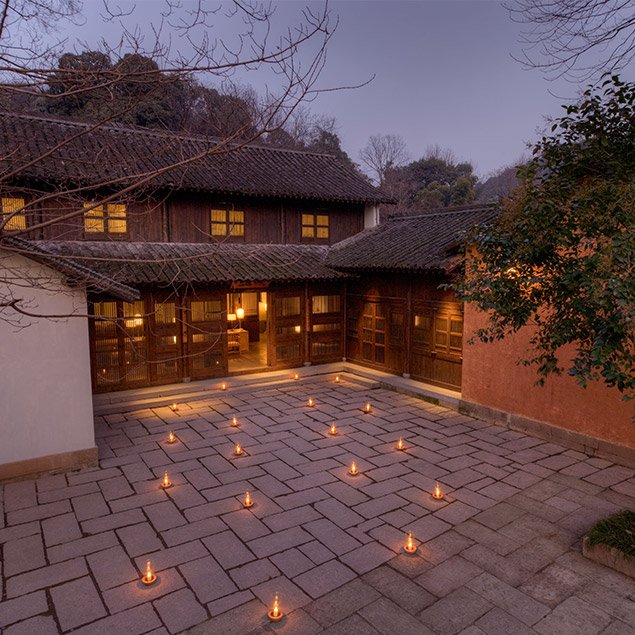
Amanfayun
Aman took over a Song dynasty village in Hangzhou's temple district and converted each of the village homes into separate rooms, decorated in a spare minimalist style. Statues in The Peak That Flew From Afar are partly within the precincts of this property.
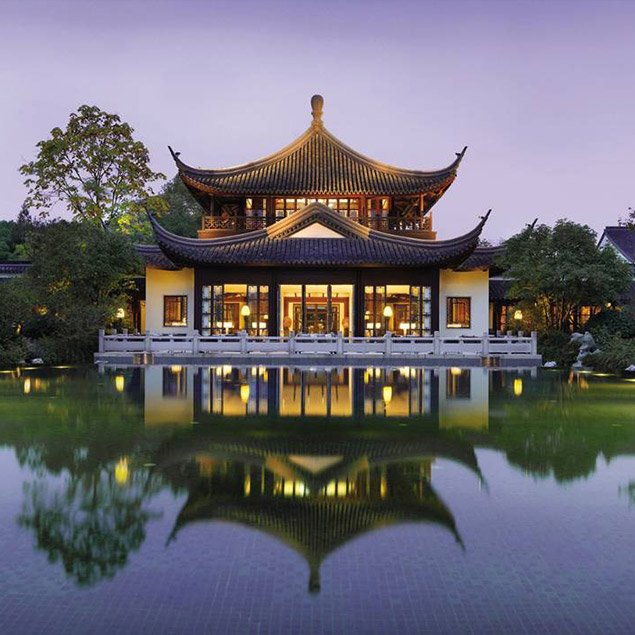
Four Seasons
With only 81 keys, this property can almost be considered a resort. Four Seasons has ably incorporated local motifs into the hotel design, such as the use of traditional wooden latticework on Premier room balconies. The hotel's exquisite gardens reach down to the shores of West Lake.
Your Personal Traveling Concierge



Our China Hosts
Our China Hosts are part of what makes us unique; they help explain our success for over twenty years. Our China Hosts have been hand selected and expertly trained to provide you with the most unforgettable journey. From seamlessly ensuring flawless logistics, to deepening your cultural immersion, to effecting last minute adjustments, in the words of a guest, they take a trip "from excellence to perfection". Before you travel with us, it's hard to imagine what a China Host brings to the party. After, it's hard to imagine traveling without one.

suggested guide: kelsey
Fine Dining & Authentic Cuisine
Experience the finest in Chinese and Western cuisine
Hangzhou's cuisine is fresh, light and a little sweet. It is probably the Chinese cuisine most suited to the western palette and offers many scrumptious dishes, such as Longjing Xiaren, or shrimps cooked in Longjing tea, Jianjiao Qiezi or eggplant stir fried with (not very spicy) chili peppers and the much loved Tangcu Paigu, or Sweet and Sour Pork.
Demographics
- Capital city of Zhejiang Province
- Population: 21.5 m (2016)
- Literal Meaning of Hangzhou: Hang Prefecture
Brief History
- 221-207 BCE – The county of Qiantang is established under the Qin dynasty
- 589 – The prefecture Hangzhou is created
- 907 – 960 – Hangzhou is the capital of Wu-Yue state
- 1127 – Hangzhou becomes the capital of Southern Song dynasty
- Late 13th Century – Marco Polo, who called the city Quinsai, visits Hangzhou
- 1856 – 1860 – The city is occupied by the Taiping Heavenly Kingdom leaving the city almost in ruins
- 1928 – 1949 – Hangzhou is ruled by the Republic of China under the Kuomintang
- May 3, 1949 – the People’s Liberation Army enters Hangzhou and takes the city under communist control
- April 4, 1999 – Jack Ma founds Alibaba in Hangzhou
Geography
- Located in the north west of Zhejiang province in the south-central portion of the Yangtze River Delta, Hangzhou sits on the southern end of China’s Grand Canal linking it to Beijing
- Altitude: 12m (39ft)
- Main Body of Water: West Lake & Qiantang River
- Total area coverage: 16,596 km2 (6,408 m2)
Recommended Destinations
After your time spent exploring hangzhou you may want to consider these other recommended destinations
Help Me Decide-
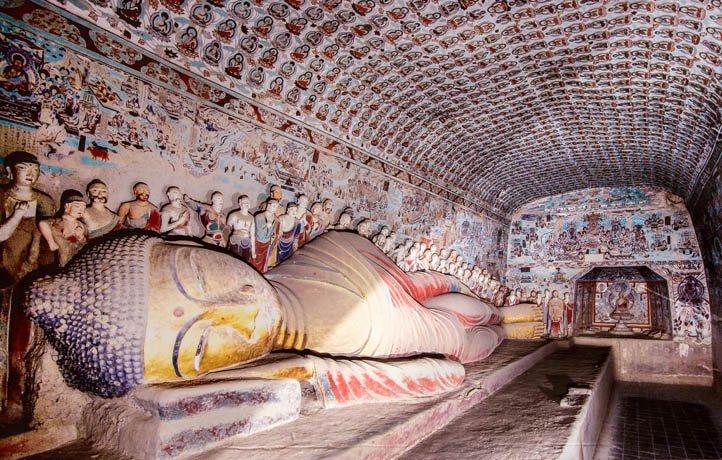
Dunhuang
A key city on the Silk Road, later to become an important religious center & the birthplace of Chinese figurative painting in the Mogao Caves.
-
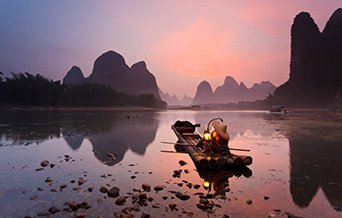
Guilin
Craggy limestone towers bestride a lazy river meandering through this lush rural paradise.
-
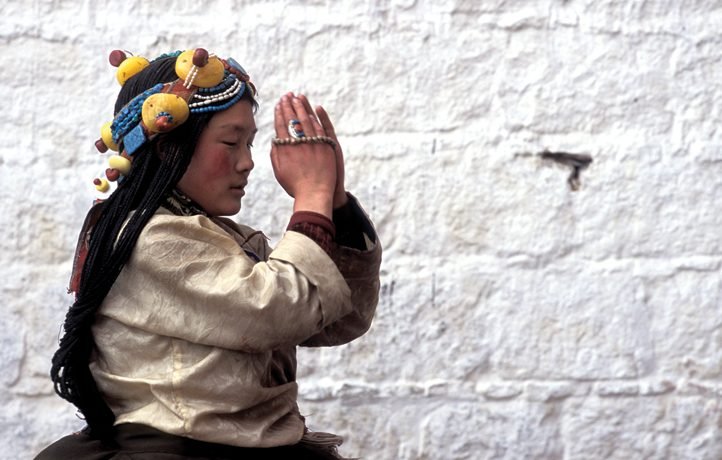
Lhasa
The capital of Tibet, hosting the iconic Potala Palace and Jokhang Temple, is the transformative birthplace of Tibetan Buddhism.
-
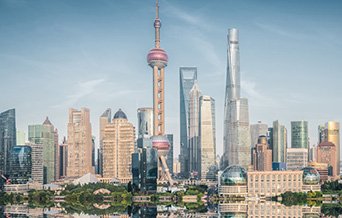
Shanghai
The Yangzi river divides the colonial mansions of the French concession from the dizzying skyscrapers of Lujiazui.
